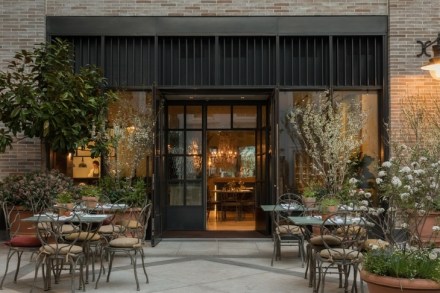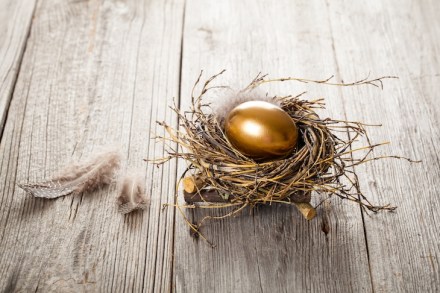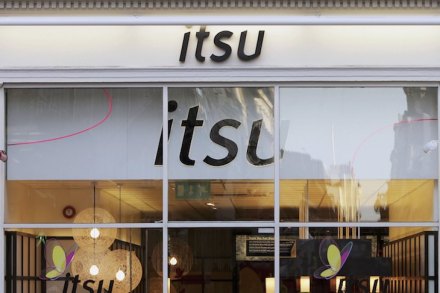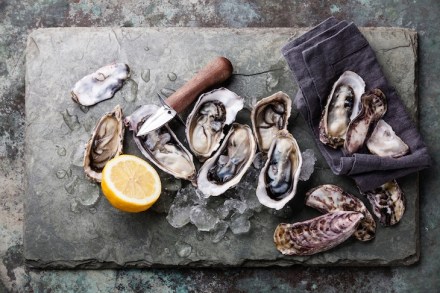Fact check: New York Times’s London foodie ‘knowledge’
The New York Times is at it again. It was only back in May that Mr S was forced to call into question the paper’s coverage of Britain, after a curious article on ‘Austerity Britain’ by one Peter S Goodman appeared, complete with a slew of glaring omissions. Well, now it seems that the NYT has staggered off its stool for another bruising round. A food review of London has been published in its Blighty-sceptic pages, and it can’t be said to be very much better than poor Mr Goodman’s. The author, Robert Draper, has written an article about the capital’s food scene, in which he praises the city for having



















